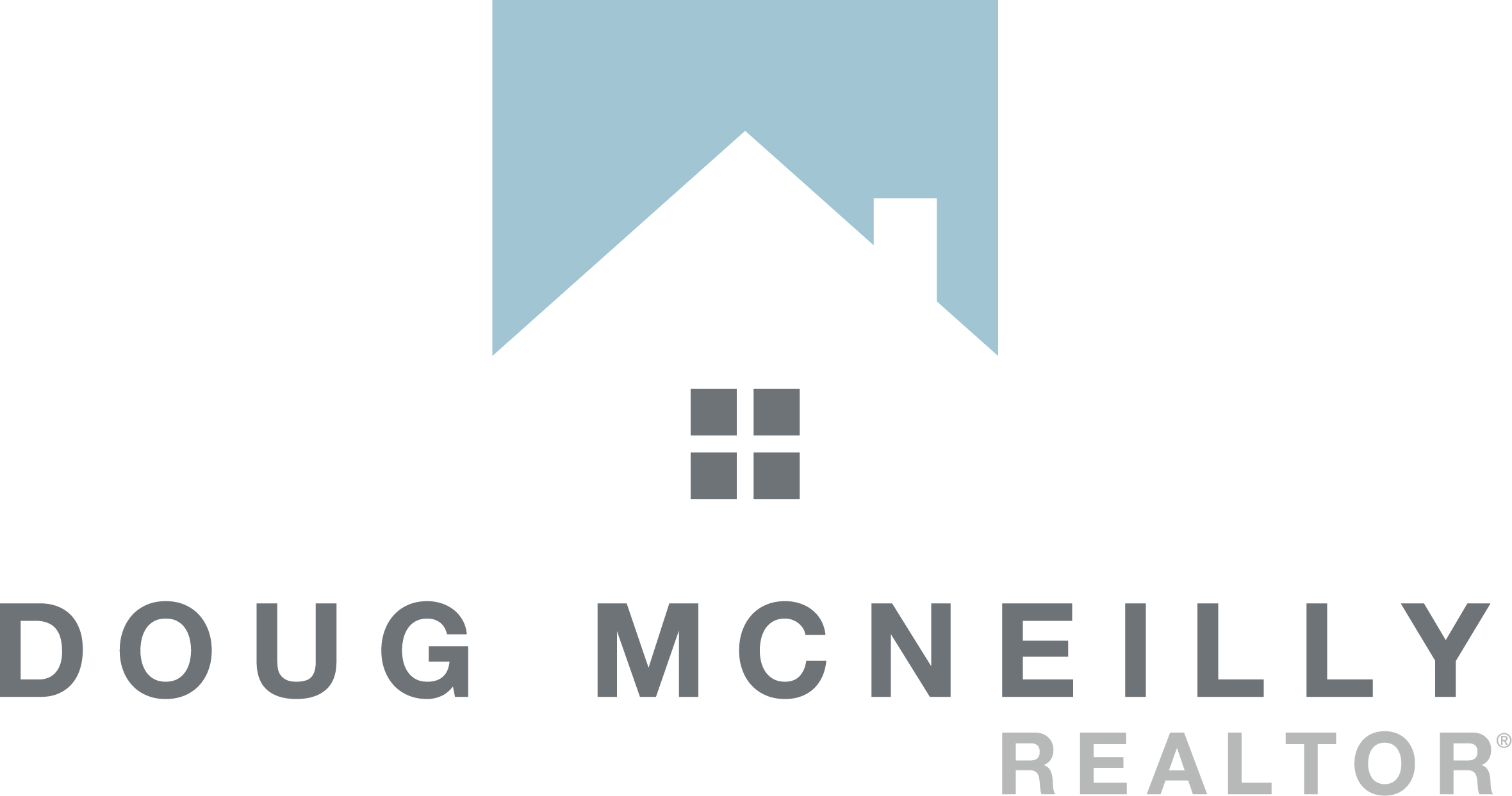There are typically five prices for a home. The price you want to get. The price you list at. The price at which you get showings. The price at which you get offers. And, the final sales price. My goal as a Realtor is to set expectations from the start so that the difference between the price the Sellers want and the final sales price is relatively narrow.
It is true that some homes take longer to sell than other homes for a variety of reasons, although if your home has been on the market longer than other comparable homes in the marketplace and has no factors that make it unique or limit the buyer pool (leading to a longer marketing time) you may be overpriced.
Most Sellers want to achieve the highest sales price the market will allow. This is only natural. If your property starts to linger on the market, you might start asking yourself if there is something wrong with your home, the marketing, or the agent you selected. The reason might not be straightforward or it may just be the price. Below are several common indications that your home may be overpriced.
You Selected the Agent that Provided the Highest Price – It is normal (and expected) that a Seller wants to obtain the highest price possible for their home. All Agents know this. Some Agents use this tactic to get the listing. That is their strategy. They get their sign out on the street and then slowly and continually ask for price reductions. Experienced Agents provide a realistic price and then back the pricing recommendation with examples of sold homes and current market level trends. At DougMcNeillyHomes, we provide Sellers with a range – often a 10% to 12% range – this provides Sellers with a price likely to get strong intertest to a price that is pushing the market.
You are Priced Higher (Much Higher) than other Homes in your Neighborhood – This is usually the first indicator you have a pricing issue. If you are priced – more than the house across the street, the house down the street, the house the next street over – then you are fighting an uphill battle. Active Buyers are often actively seeing homes and often have a better sense of current market value than Sellers have. Sellers should view homes currently on the market so they can see what Buyers are seeing. Often renovations or Sellers personal touches (which might have been expensive) often don’t return at 100%. If Buyers think your price is unreasonable, they might not even schedule a showing. Homes on the market over 6 months often sell at 85% of the original listing price – which probably was the correct listing price.
Other Homes in your Neighborhood have Sold – Removing other factors such as location, size, floorplan, and décor, you can blame the market, buyers, your Agent, maybe the dog that barks only during showings that lives across the street, although if other homes are selling that are similar to your home and at lower selling prices it might be that your pricing is off. Despite what reality real estate television may portray, even excellent agents can’t sell overpriced listings (unless they sell their own listings to their own buyers).
Lack of Showings, Lack of Internet Traffic / Social Media Response – Most homes get the majority of their interest in the first few weeks on the market – after that, active buyers in the market have passed your home by and you are chasing buyers new to the market. Homes need to have a comprehensive market plan – such as we offer at DougMcNeillyHomes. If the initial interest is lackluster – only a few calls, few or no showings, open houses with few to no attendees the price may be pushing buyers away. If buyers feel they need to make an offer at 90% or less of asking price, they likely will not bother to even make an appointment to view your home.
Related to actual showings are the number of hits your home is getting – viewings on the Multiple Listing Service, open rates to emails and social media posts, clicks on the single property website, views of the 3D tour or video tour of your home. Your Agent can track all this activity and report back to you. Initial activity is always high. Lack of initial activity might point towards a pricing issue. If the price is too high, it might be outside the search parameters of your target buyer pool.
No Offers – This is fairly clear, but when you have had lots of showings – say 25+, and the market has a low to average days on market or days to offer, then your price may be too high. All Sellers and Buyers expect to negotiate, but if Buyers feel their offer needs to be 90% or less of the asking price, they might not even bother to write an offer, feeling the Seller is unreasonable or will be offended by the offer. In hot markets, a few weeks might indicate a pricing issue, other markets it may be 3 months. This varies by market, but a longer time on market is not normally a positive. Vintages are for wine, not for homes.
You Have Received Offers, but Low Offers – You have received an offer; better yet, a few offers, but they are much lower than the asking price – say 90% or less of the asking price. This shows consistency in offers. And, if other similar homes are selling for less, Buyers are indicating that you might be priced too high. While a Seller might get offended by low offers, Buyers can’t and shouldn’t be expected to pay more than market value for a property.
Your Home has been on the Market Forever – Okay, maybe forever is too strong, although if you have been on the market longer than most homes, Buyers will notice. And, they will start to wonder why and then start to think that something is wrong with the property. Some homes take longer to sell – that is a fact – but that should be accounted for in the asking price. If you are priced higher than other homes, Buyers will pass you by and focus on homes that are priced to market.
Price is always paramount. Buyers have more information than ever. Trying to test the market or leave room for negotiation often does not work in the Seller’s best interest. A Sellers best option to get their home sold is to hire an experienced local agent and price the home correctly from the start.
Doug McNeilly is a REALTOR® with Coldwell Banker Realty in Wayland, Massachusetts. He specializes in Wayland, Sudbury, Natick, Framingham and the Greater Boston Metro West Area. He can be reached at doug.mcneilly@nemoves.com or www.dougmcneillyhomes.com


 Facebook
Facebook
 X
X
 Pinterest
Pinterest
 Copy Link
Copy Link

